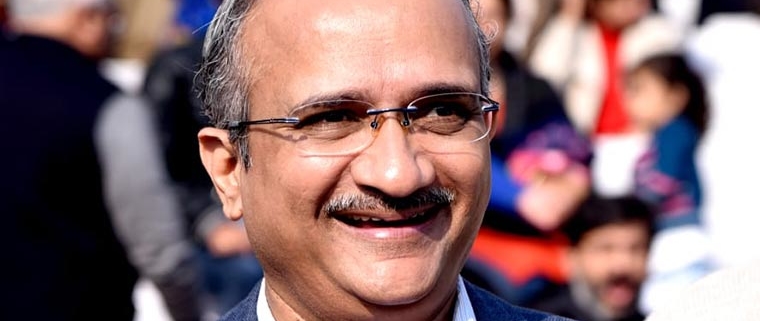How keywords can hack the hiring process

An assistant professor of computer science and engineering at The University of Texas at Arlington has found that job applicants can improve their position, on average, by at least 16 spots on a pool of 100 applicants by employing an algorithm that uses job-specific keywords.
Shirin Nilizadeh said she was motivated to pursue this line of research after seeing friends not be selected for positions or second-round interviews.
“We found out that you can tailor your resume for a specific job by using specific keywords that could get you pushed toward the top,” she said. “It’s a kind of hack to the recruiting process.”
Nilizadeh’s paper—”Attacks Against Ranking Algorithms with Text Embeddings: A Case Study on Recruitment Algorithms”—was accepted into the Proceedings of the Fourth BlackboxNLP Workshop on Analyzing and Interpreting Neutral Networks for NLP. Anahita Samadi, now a doctoral student at UTA who studied under Nilizadeh, led the project and presented it at the 2021 conference on Empirical Methods in Natural Language Processing.
Text-embedding algorithms used in job recruiting match words and sentences in resumes to the job description to obtain similarity scores. Resumes are ranked based on those scores. Few studies until now have shown that ranking algorithms that use text embeddings are vulnerable to adversarial attacks.
“We thought recruitment algorithms were the best example of such ranking algorithms and therefore we decided to work on them,” Nilizadeh said. “The goal of our attack was to identify the keywords from the job description that can improve the ranking of the resume.”
As expected, adding more keywords improves the ranking. The research also showed, however, that adding too many similar words or phrases might not improve the ranking of a resume.
One of the main topics that Nilizadeh studies in the UTA Security and Privacy Research Lab is adversarial robustness of artificial intelligence (AI)-based, data-driven systems. In other words, she tests…


